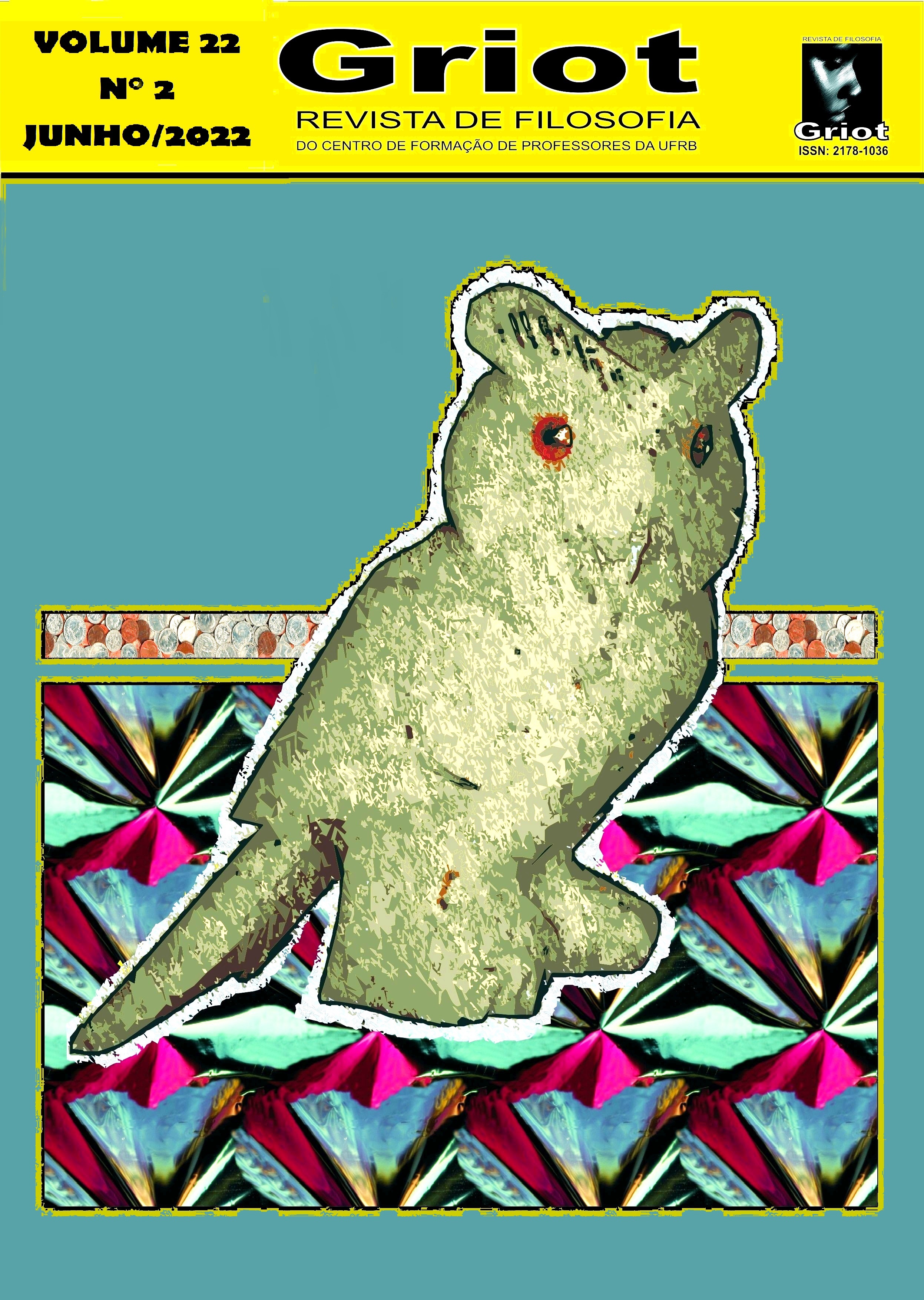Hobbes and the problem of personification in the theory of representation
DOI:
https://doi.org/10.31977/grirfi.v22i2.2868Keywords:
Artificial person; Covenant; Authority; Hobbes.Abstract
The purpose of this article is to discuss the terms of representation and the theory of authorization in Hobbes, highlighting, in turn, the adversities and inconsistencies in the way the fictitious attribution interferes with the constitution of authority in Hobbes. In this sense, it becomes necessary to discuss the way in which Hobbes determines the function of the representative in the absence of his identification as author, that is, without any condition to attribute authority to his actors. This is, therefore, a contradiction in terms of the rationality imposed by the model of representation proposed by Hobbes, in which the imputation of responsibility, in the case of the fictitious person, is absent of responsibility for his acts and, thus, making it impossible to assume responsibility for the acts of another. To this end, the aspects of the fictitious person and his relationship with the precepts of unauthorized authorization are highlighted in order to define the terms of the fictitious attribution and its implications in the legal theory of authorization in Hobbes.
Downloads
References
CRIGNON P., De l’incarnation à la représentation. L’ontologie politique de Hobbes, Classiques Garnier, 2012.
DUMOUCHEL, Paul. Persona: Reason and Representation in Hobbes's Political Philosophy. SubStance, 25 (2), pp. 68-80, 1996.
HOBBES, Thomas. Leviathan, or The Matter, Forme and Power of a Commonwealth Ecclesiasticall and Civil. Ed. C. B. Macpherson. Harmondsworth: Penguin Books, 1968.
HOBBES, Thomas. Os elementos da Lei natural e política. Trad. Bruno Simões. São Paulo: Editora WMF Martins Fonte, 2010.
HOBBES, Thomas. Do cidadão. Elementos filosóficos a respeito do cidadão. Tradução de Renato Janine Ribeiro. São Paulo: Martins Fontes, 2002.
JAUME, Lucien. Hobbes et l’État représentatif moderne, Paris: Presses Universitaires de France, 1992.
PITKIN, Hanna. The Concept of Representation. Londres: University of California Press, 1967.
PITKIN, Hanna. Hobbes's Concept of Representation. The American Political Science Review, Vol. 58, No. 4 (Dec., 1964), pp. 902-918
PITKIN, Hanna . ‘Hobbes’s Concept of representation – II’, American Political Science Review 58, no. 4 (1964): 902–18.
WALDMAN, Theodore. “Hobbes on the Generation of a Public Person”. In: Thomas Hobbes in His Time. Ed. Ralph Ross et al. Minneapolis: University of Minnesota Press, pp. 61-83, 1974.
ZARKA, Y. Hobbes e a invenção da vontade política pública. Discurso, n. 32, p. 71-84, 2001.
ZARKA, Y.Hobbes and Modern Political Thought, James Griffith (tr.), Edinburgh University Press, 1995.
Downloads
Published
How to Cite
Issue
Section
License
Copyright (c) 2022 Delmo Mattos Silva

This work is licensed under a Creative Commons Attribution 4.0 International License.
The authors who publish in Griot: Revista de Filosofia maintain the copyright and grant the magazine the right of first publication, with the work simultaneously licensed under the Creative Commons Attribution 4.0 International License, allowing sharing and adaptation, even for commercial purposes, with due recognition of authorship and initial publication in this journal. Read more...









































































